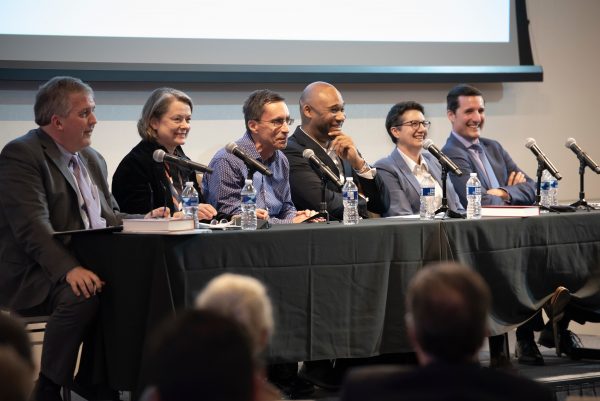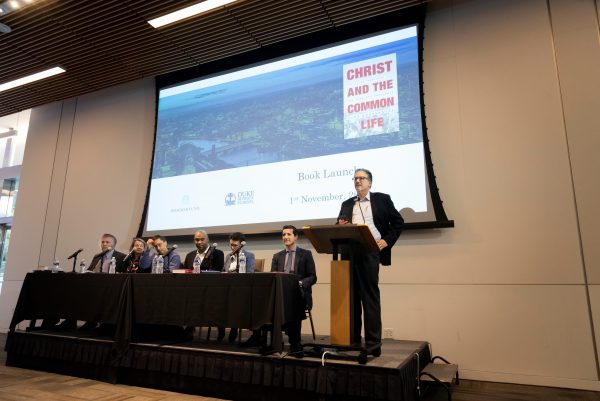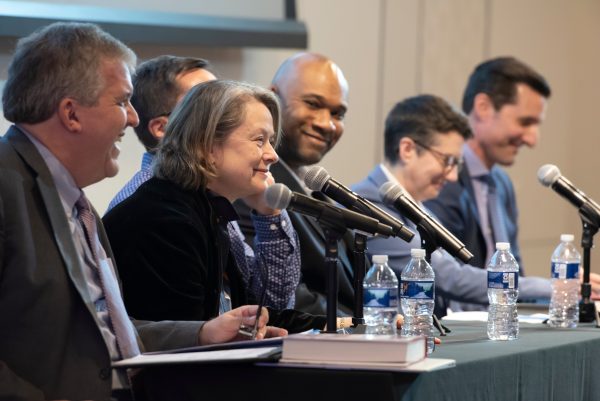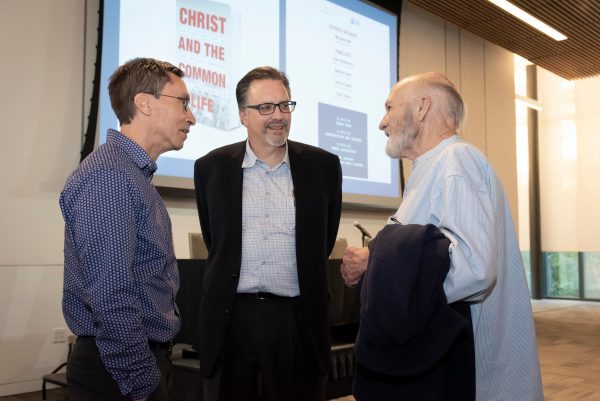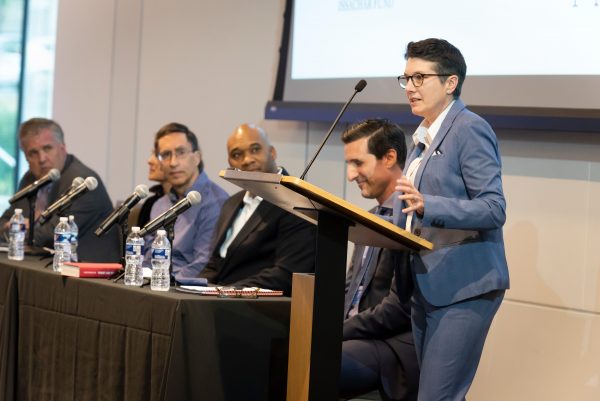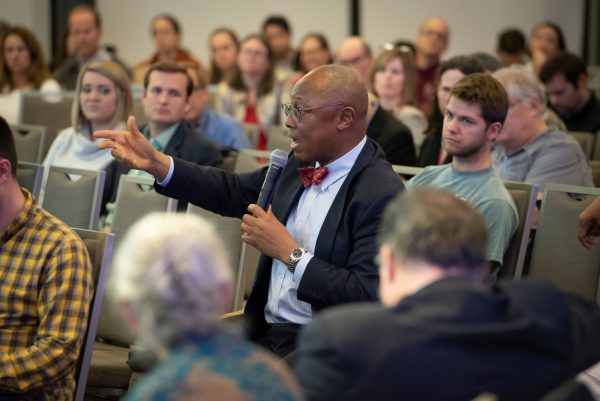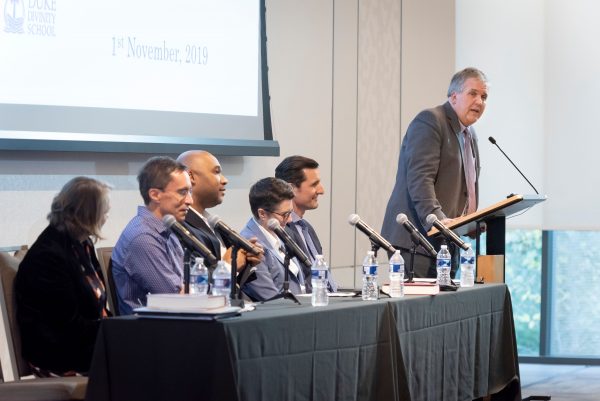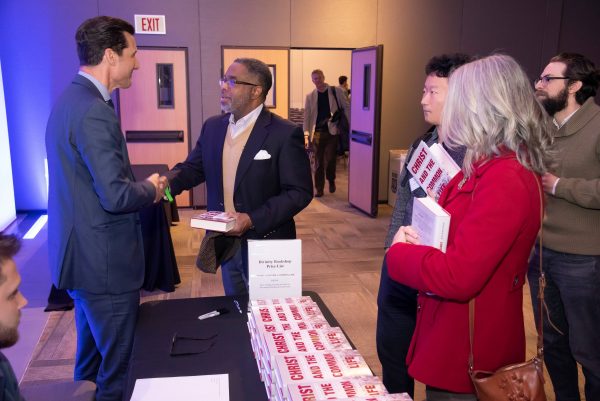 2018
2018
Political Theology, Virtue Ethics, and Democracy Project
Dr. Luke Bretherton
This project has two, symbiotic foci. The first is to examine the intersection of political theology and Christian virtue ethics. In the contemporary moment, as everything from bioethics to sexuality to farming is politicized and polarized, political theology of one kind or another is replacing Christian ethics as the primary frame of reference in how moral and social questions are addressed in theological education. But there would seem to be a direct conflict between the formation in the virtues and the work of politics. The life of Christian virtue demands a commitment to tradition, a community of moral formation, stability, and upholding the distinctive habitus of the church. By contrast, the work of contemporary democratic politics and dismantling oppressive structures emphasizes contingency, conflict, change, power and building a common life between communities rather than building up the life of the Christian community. The project explores the connections and conflicts between the conditions necessary to be formed in Christian virtue and the means and processes of democratic politics as a way of challenging injustice, oppression, and addressing shared “wicked” problems such as climate change, structural racism, and inter-religious conflict.
The second focus is how to imagine and narrate the need for change if we are to move from the world as it is to a more just and loving one, and, in the midst of change, the need for a common life amid deep disagreement and division. This second focus is central to both the pursuit of the virtuous life and the need for a political life if shared problems are to be addressed constructively. Questions about how to narrate and imagine a common life and the need for change (both personal and structural), and the linkage between them, are vital for thinking about politics and about the moral life. Both virtue ethics and political theology demand ways of imagining and narrating commonality and change. Moreover, questions about whether a common life is possible between divided groups, what virtues are needed to form and sustain a common life amid difference and disagreement, and how to move from the world as it is to the world as it should be undergird all the major “wicked” social, political, and economic problems, from climate change to interfaith relations. Education for the mission and ministry of the church must find a language and set of categories for addressing the need for personal and political change and the possibility of a common life both within and without the church amid difference and disagreement if it is to have “good news” to proclaim when addressing specific issues. Through a series of interventions and events, the project will generate both a network and a set of resources through which to address these two, intersecting foci.
“Christ and The Common Life, Political Theology and the Case for Democracy”
Book Launch, Duke Divinity School
November 1, 2019
